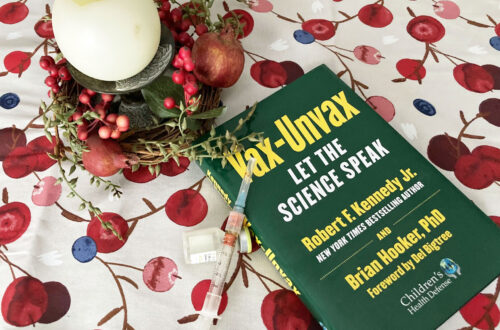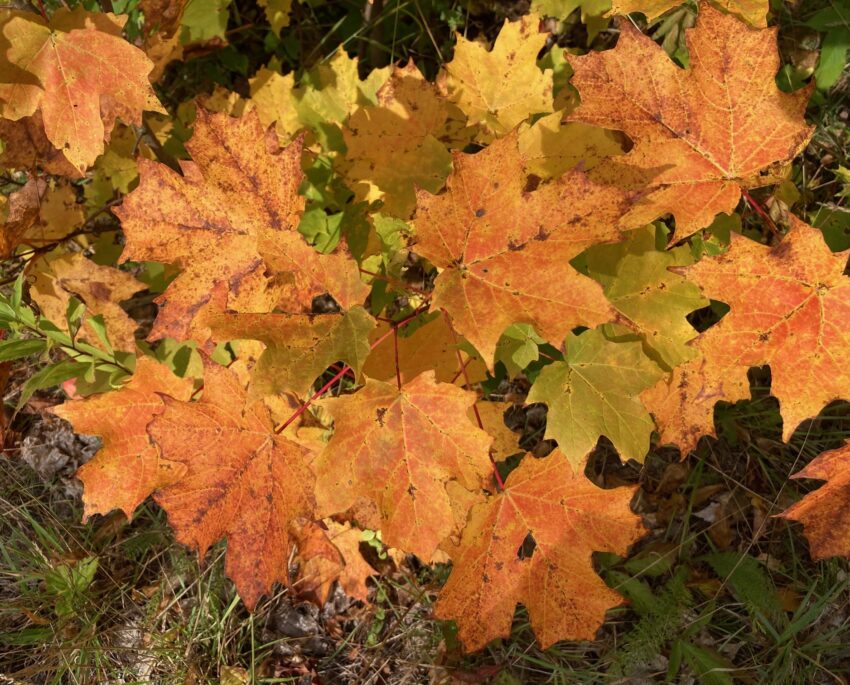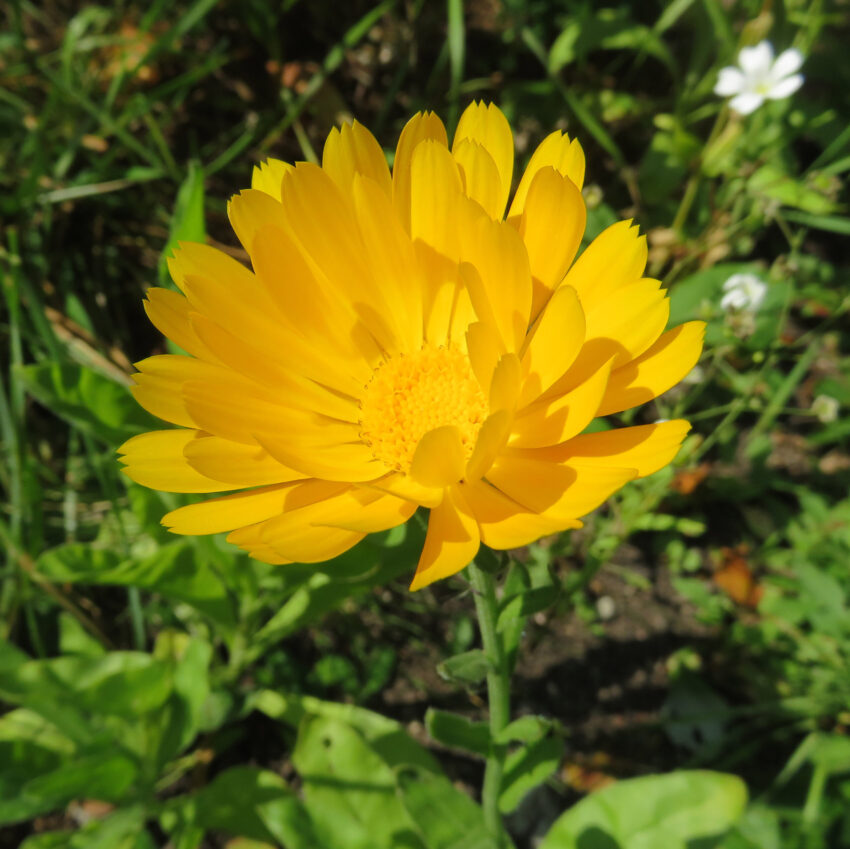Onions are a staple in my kitchen. If I am frying a portion of salmon. I like to have sauteed onions in the pan. Onions add flavor to almost every kind of meat. I place onions in the cavity of a chicken or a turkey before roasting. I have a nice recipe for a skillet cornbread with onions.
The Bible mentions onions also. The children of Israel recalled the food they had enjoyed in Egypt and missed as they traveled through the wilderness.
We remember the fish we ate in Egypt that cost nothing, the cucumbers, the melons, the leeks, the onions and the garlic. Numbers 11:5
What is the nutritional value of an onion? According to my Nutrition Almanac cooked, mature onions are a source of minerals (calcium, phosphorus, potassium) and a little vitamin A and C.
They also contain a flavonoid, quercetin, that has been discussed in relation to covid-19.
Molly Knudsen, MS, RDN wrote an article titled, What Makes Onions So Healthy? It’s Quercetin. Click here to read about the health benefits of onions and quercetin.
I have read that quercetin assists the absorption of zinc into cells, assisting the immune system to fight off viral infections.
An article on web MD lists six foods that contain quercetin. I was happy to see apples and blueberries on the list.
Although the practice of medicine offers many treatments for disease, I believe my role as wife and mother is to encourage diet and nutrition that supports the immune system. God has designed our body with an intricate immune system and has given us resources in fruits and vegetables.
My husband and I are in the age bracket more susceptible to covid-19. We are taking vitamin supplements in addition to having a healthy diet.
A large percentage of people in the United States have an inadequate level of vitamin D. A few years ago, my doctor noticed that my vitamin D level was low (insufficiency) and prescribed a supplement. Since then, I have continued to take a vitamin D supplement.
A blood level of 30 to 100 ng/mL is considered sufficient. Greater than 100 ng/mL is toxic. Over the past three years I have been able to bring my blood level up to 49 ng/mL and have noticed improved health of my mouth/gums. I have less bleeding gums and improved dental appointments.
Some studies have shown that people with a good blood level of vitamin D are more likely to recover from a covid-19 infection.
Sharing this post with Tuesdays with a Twist , Hearth and Soul link party and Inside Me Monday with Anita .






It is wonderful how food can nourish us on so many levels. I am always awed by how God designed even the humblest of ingredients (like the onion) so that they not only flavour our food but nourish our bodies. Thank you so much for being a part of the Hearth and Soul Link Party!
Interesting post, Carol, glad I came over.
Oh Carol, this is so right on! I’ve been reading about quercetin and vitamin D…. and a few other things. Living in the northwest means we never get the D we need from sunshine. And since my husband is allergic to onions, we have to stay clear of any supplements with it. Our go to for guercetin are apples– organic, so we can enjoy skin — and blueberries that we picked ourselves.
Last March because of Covid I quit traveling for work and switched to virtual. That means I’m home to cook all our meals. We’ve always paid attention to diet and nutrition. But now, even more so… and food prep also. Here’s one of our changes: For breakfast, we are enjoying blueberries and walnuts in our hot oat bran cereal (Red Mill) with some coconut oil instead of cream to improve our LDL and HDL levels.
Your breakfast sounds delicious! I add a little coconut oil to my coffee. Blessings and good health.